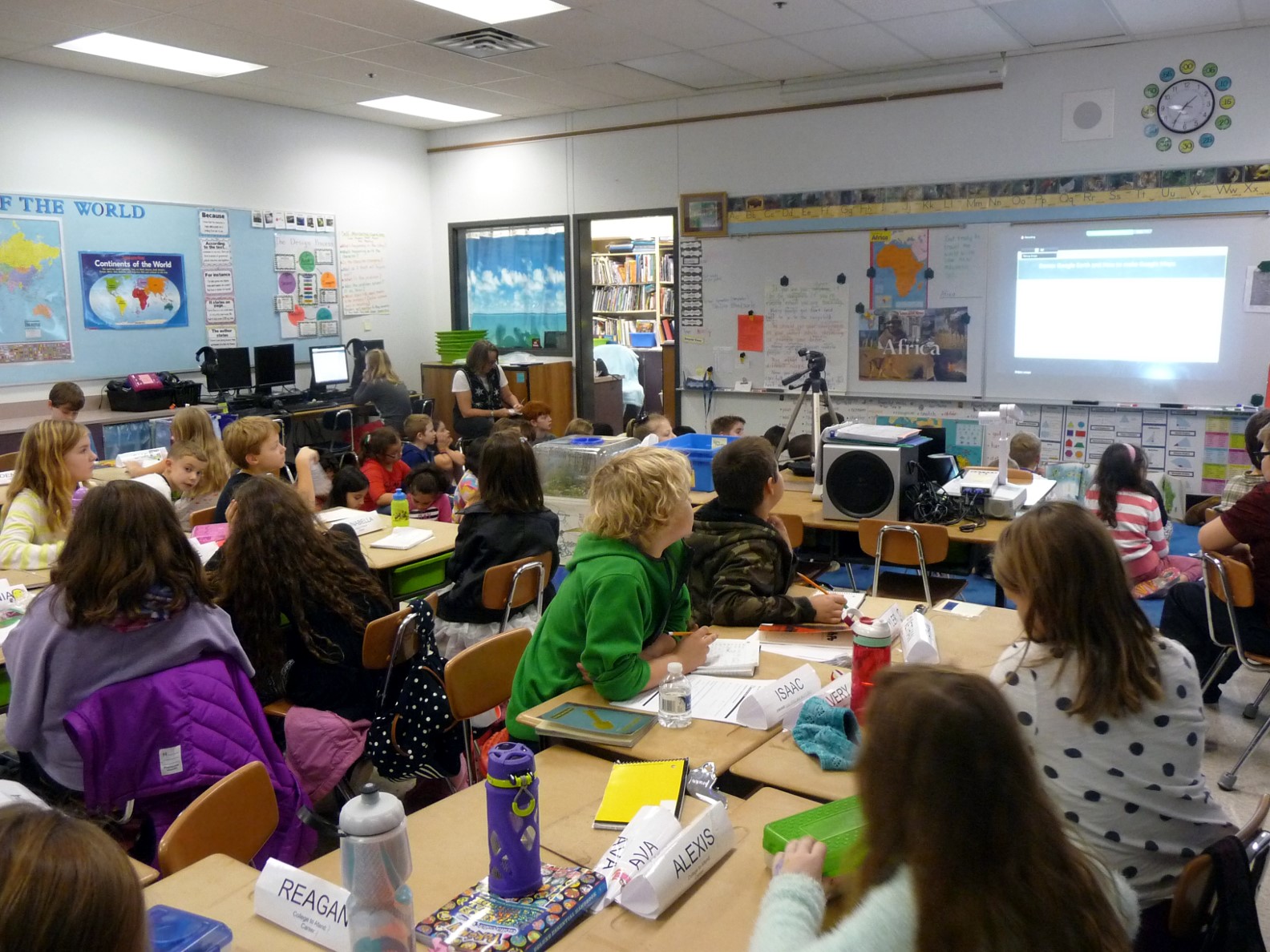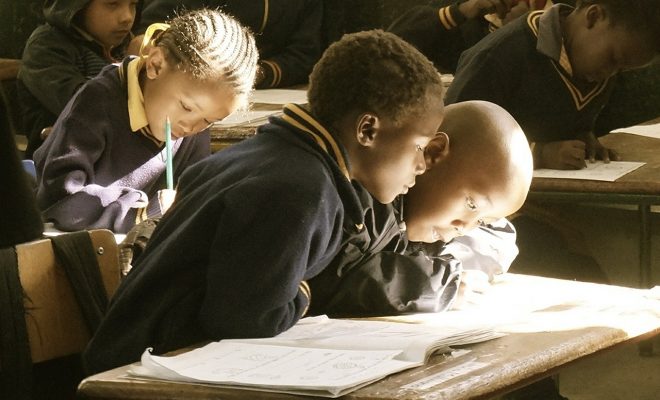Practice Makes Perfect: Key Questions Commonly Asked of Educators in Interviews

 If you’re getting ready to graduate from education-related studies soon, whether you’re specializing in an academic area, physical education, special education, or other field, it’s important to do everything you can to prepare yourself for the challenges involved in applying for and landing your first full-time position.
If you’re getting ready to graduate from education-related studies soon, whether you’re specializing in an academic area, physical education, special education, or other field, it’s important to do everything you can to prepare yourself for the challenges involved in applying for and landing your first full-time position.
While of course it’s vital to be proactive and source job opportunities, have a good online presence, network effectively, and create a fantastic resume and cover letter, you also need to feel confident about your skills in an interview environment. After all, you can present well on paper, but if you don’t come across as knowledgeable, polished, accomplished, and likeable in your interview, you will probably find yourself getting knock back after knock back.
When it comes to interviews, practice makes perfect. Preparing for questions interviewers might throw at you can help you to stay cool, calm, and collected when you’re in a room being quizzed by one, two, or even a panel of people. Read on for a sample of the most common interview questions typically asked of teachers and other educators, and some suggested ways to think about your answers.
Can You Tell Us a Bit About Yourself?
This is a general, open-ended kind of question that comes up a lot, particularly at the start of interviews. While it might sound very simple and straight forward, many people get a little flummoxed in an interview and are not sure exactly which areas of their background, skills, or experience to talk about.
Keep in mind that this question gives you the opportunity to really sell yourself to the panel in front of you. You shouldn’t try to be modest or answer too briefly; instead, bring up anything about you that you’d really like the interviewers to know before you leave.
If you’re not sure what to cover, think about starting off by mentioning your new qualifications and what you focused on during your studies. For example, you could talk about particular aspects of the theory you learned during a BA degree in the Foundations of Education, or the kind of practical experience you were able to get during a Master’s program in Education. There could have been some particular specialized training that you completed that’s worth talking about too.
It is also a good idea to talk about how what you learned can apply specifically to the job you want to land; and to also discuss some of the personal skills and strengths you have (like communication, time management, organization, etc.) that will make you a great asset for their team.
Why Do Want This Particular Job?
 Most interviewers will also tend to ask job candidates about why they actually want to be chosen for the particular position, and/or why they want to join the organization advertising it. When people ask this, they are usually looking to find out if you will be a good fit not only for the job but also the school or other institution, plus they will be trying to determine if you have done your research and understand what will be involved in the position.
Most interviewers will also tend to ask job candidates about why they actually want to be chosen for the particular position, and/or why they want to join the organization advertising it. When people ask this, they are usually looking to find out if you will be a good fit not only for the job but also the school or other institution, plus they will be trying to determine if you have done your research and understand what will be involved in the position.
As a result, make sure you understand things such as how the education provider has a point of difference (that is, what does it offer that attracts parents and students); what types of teaching methods are preferred; and if there are any particular religious or other specialized teaching and cultural aspects you need to align with to work there.
It can be helpful to speak to current or past students at the facility, and their parents, to discover the ins and outs. If possible, also chat to teachers and other staff members. Once you’re clear on this information, you can mention how the school’s values, mission, methods, facilities, and other factors have drawn you to the role, and speak on your own views and experience, and how suitable the match is.
Can You Describe a Day or Lesson in Your Classroom?
Lastly, most interviewers in the educational sector will also want to get an idea of how you might go about teaching and interacting with students if you get the job. As such, you’ll probably get some kind of question that revolves around describing a day or lesson plan for your classroom.
As a new graduate without a whole lot of experience, you will need to rely on your practical placements during your studies. As well, though, you can talk about strategies you picked up from other educators along the way that you hope to emulate.
Think about mentioning how you will handle visual displays, behavior, discussions, activities, set up and the like in the classroom, plus ways you will go about planning lessons, engaging students, catering to varying learning types, and levels of students, and how you will communicate with parents and other carers.





